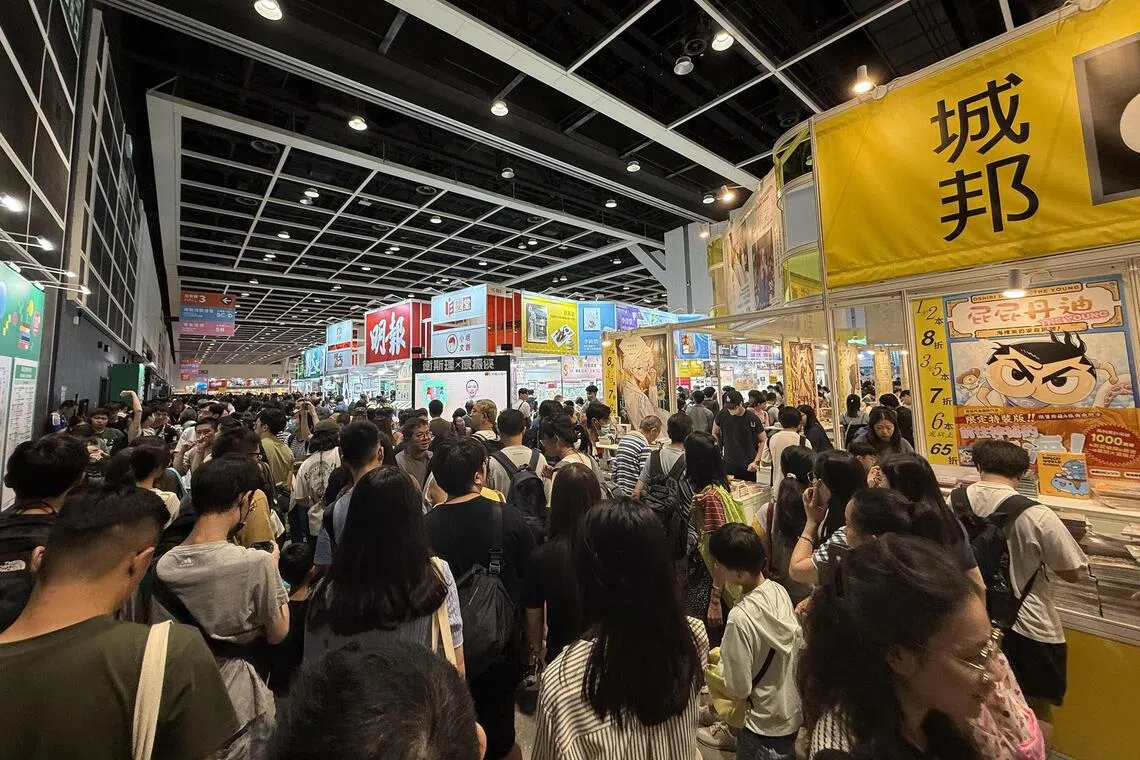For subscribers
‘Will I get into trouble?’: Hong Kong writers seek creative freedom in Taiwan
Sign up now: Get insights on Asia's fast-moving developments

Hong Kong publishers have encountered an increasing number of obstacles in their operations.
ST PHOTO: ONG SOR FERN
Follow topic:
TAIPEI/HONG KONG – Originally from Hong Kong but now based in Taipei, Ms Gigi Leung furiously pokes the lemon slices in her iced tea with her spoon.
“Taiwanese people don’t do this, but I cannot drink my iced lemon tea any other way. I am from Hong Kong after all,” the writer told The Straits Times over lunch.

